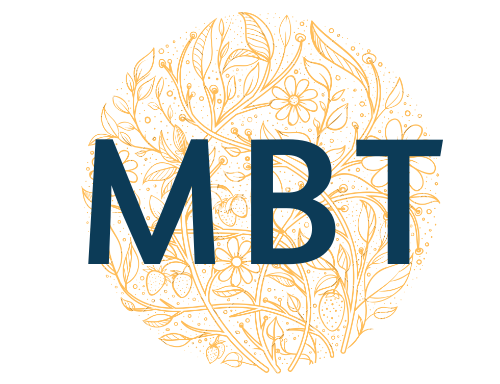It was written in August 1892 by Francis Bellamy who was a Baptist minister in the late 1800’s and early 1900’s. His cousin was Edward Bellamy, author of American Utopia novels such as Looking Backward and Equality. Both of these men worked to tell people about their ideas. They thought that the middle class could create an economy in which all people were treated equally in both political and social matters.
Francis was pressured to resign from his church, due to his controversial sermons about socialism, and he went to work as an assistant for Daniel Ford, who was both a member of the congregation and the editor of The Youth’s Companion, which was essentially the Reader’s Digest of its time. In 1892, Francis Bellamy was the chairman of the state superintendents of public schools. He was in charge of collaborating a celebration ceremony for the 400th anniversary of Columbus’ exploration of the New World. There was to be a flag raising and while of of the school children saluted and recited the Pledge he had written for the occasion.
The original pledge was as follows:
“I pledge allegiance to my Flag and the Republic for which it stands, one nation, indivisible, with liberty and justice for all.”
In October 1892, “to” was added before “The Republic”, which makes it sound more like it does today, when said aloud. Francis had toyed with the thought of placing a remark about ‘equality’, but the state superintendents were against equal rights for African Americans and women. So for the sake of agree-ablility, he just left it at “liberty and justice for all”.
Dr. Mortimer Adler wrote a book, The Six Great Ideas , which was partially inspired by Francis Bellamy’s ideas expressed in the pledge. He wrote that the three ideas in which America is based on are equality, liberty and justice for all. And that, “Justice mediates between the often conflicting goals of liberty and equality.” (This is also somewhat expressed in Fahrenheit 451 By Ray Bradbury. Captain Beatty refers to restraining freedom being the right thing to do, so that minorities will not be offended)
In 1923, The National Flag Conference changed the words “my flag” to “the flag of the United States of America” And in 1954, the Knights of Columbus fought to add “under God” to the pledge. It was said that Bellamy would of resented this change, because he had been forced out of his church because of his ideas, and after his retirement, he actually stopped attending church because of the horrid racism that he found there. The racial inequality was so madly unjust that it forced a former minister to stop attending church!!!
The new pledge was said to be “both a patriotic oath and a public prayer”. I don’t know about you, but I happen to think that something that this man believed in with all his heart, his patriot oath, and our public prayer. Should be something with meaning. It’s actually poetically put if you look at it with fresh eyes. But the government, in an effort to make schools more patriotic I suppose, has taking every ounce of importance that these words once possessed, and let it seep out of the numbed minds of kindergarteners.
When you start school, you are a mere four years old. A four year old can not comprehend the meaning of these words. They can barely pronounce them. By the time they know it well enough to say it by memory (which is easy seeing as its recited everyday.) , they’ve already dismissed the notion that they could possibly mean anything. Even the most enlightened children only know that it means something about America and how it’s a good thing you live here. I’ve just finished 8th grade and even though I know exactly what all of these words mean individually, as a group they are nothing to me except and introduction to the announcements. And it’s not just kids. I know that some teachers feel very strongly about the pledge ans its meaning, but there’s no way that every time they’re forced to recite it they’re REALLY thinking about everything that America stands for. They’re thinking about taking roll and making lessons plans.
Sure, it sounds good to say that school children spend a good thirty seconds a day reflecting on the basic principles that this country was built on. But they AREN’T! They’re spending a good thirty seconds a day reciting a pledge that was robbed of all meaning. A pledge that was sucked dry of even the smallest amount of poetic significance.
